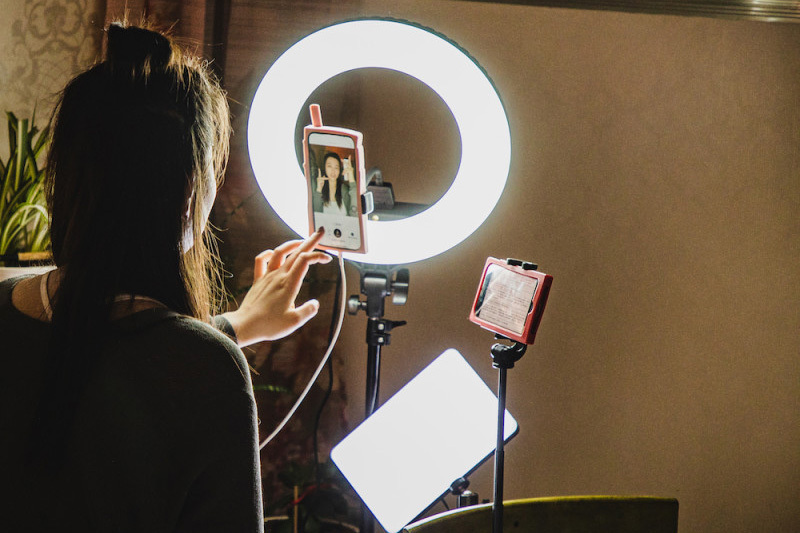
Media Value Of AI Influencers? Digital Clones To Pump Out Content 24/7
Livestreaming is a big affair in China. The flourishing industry employed more than 1.23 million people back in 2020, according to iResearch.
While the phenomenon started with livestreams of people singing or going about their day, the industry has become closely interconnected with the booming world of e-commerce.
Livestream shopping channels show influencers trying out products and reviewing them. They respond to viewer questions and push discounts and sales for brands.
Eating Chicken Feet For 15 Hours! Humanly Possible?
Influencers, or Key Opinion Leaders (KOLs), particularly in the e-commerce industry, are increasingly turning to digital clones to pump out content.
In Sept, Taiwanese influencer Chen Yiru livestreamed footage of himself eating chicken feet for 15 hours! But when the truth surfaced, his fans were outraged and many chose to unfollow.
Dong Yuanyuan from Tiantai said AI avatars could not be “completely untied from the celebrity herself” and that “virtual live broadcasts … do not exempt celebrities from legal liability.”
Keep Reading
Raging Issue Of Honesty, Authenticity And Legality
Chen, who reportedly lost more than 7,000 followers between September 24 and 26, is hardly alone in outsourcing his duties to an AI avatar.
For influencers with millions of fans, like Chen, AI enables them to take their content and earnings to greater heights. But AI may put jobs of lesser-known livestreamers at risk.
Then there is the issue of honesty, authenticity and legality. It appears the world of deepfake livestreamers may soon catch the attention of Chinese regulators.
What Media Value Do AI Influencers Have?
“The most difficult part of becoming a successful KOL is to be part of the hype and media cycle,” said Yaling Jiang, an independent analyst and founder of Following the Yuan.
“The AI influencers do not have gossip, aren’t seen in reality shows, on the streets or in the stadium … If they aren’t in the public eye, what media value do they have?”
AI start-ups are getting in on the trend by selling digital avatars to influencers and media companies. Some businesses only need 1 minute of footage of a human to train a virtual clone.




